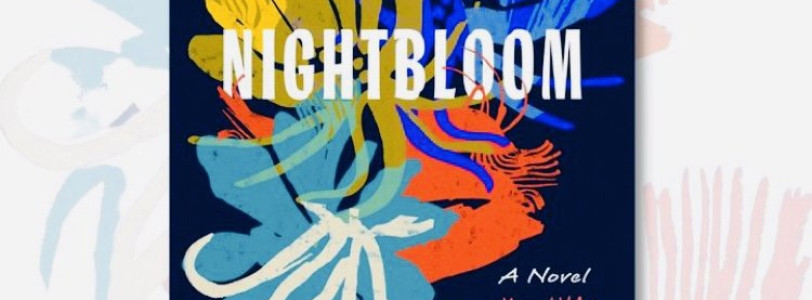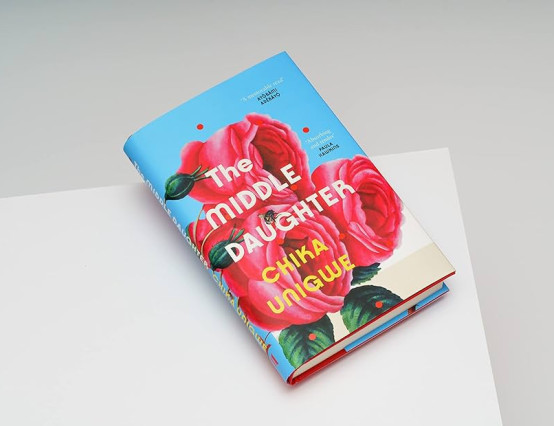Peace Adzo Medie, an associate professor at the University of Bristol, brings her expertise in gender, politics, and conflict in Africa to life through her latest novel, Nightbloom. Within its pages, Medie's research blossoms, skillfully navigating the complexities of female friendship amidst the backdrop of Ghana's ever-evolving political landscape, creating a truly intellectually stimulating literary experience.
In Nightbloom, we are introduced to Selasi and Akorfa, two cousins whose friendship once knew no bounds during their childhood. They shared a bond that seemed unbreakable, where trust ran deep, and no secret was kept from one another. However, as they enter their teenage years, a significant shift occurs. Selasi undergoes a transformation, becoming withdrawn and hostile, building emotional barriers that even Akorfa cannot penetrate. As time goes on, their paths diverge, and the distance between them grows wider. It takes a major crisis to bring them back together again. Throughout their journey of reconciliation, they must confront the hidden truths they've chosen to bury and bravely challenge those who seek to silence them.
The format of Nightbloom presents a refreshing departure from the usual alternating narrations. Instead of following the conventional pattern of alternating chapters, Medie adopts a distinct approach by first narrating the entire story from Akorfa's perspective and then later retelling it from Selasi's point of view. This storytelling technique proves to be highly effective. Initially, we are presented with Akorfa's side of the story, allowing us to naturally form a bias in her favour. However, this partiality is skillfully challenged when we encounter Selasi's version of events. The contrasting viewpoints not only add depth to the narrative but also explore the central themes of familial relationships, class, privilege, education, and wealth. Here, the central theme of how different individuals perceive the same events takes centre stage. The stark contrast between Akorfa and Selasi's memories is both striking and thought-provoking. It raises questions about the impact of privilege and external influences on shaping our perspectives, making us ponder whether our own biases and self-centeredness can sometimes hinder us from seeing the truth that lies before us.
Furthermore, Medie does an incredible job of examining feminism and its crossover with Ghana’s corrupt political landscape. Through Selasi's journey, we confront the chilling reality of Ghanaian corruption and sexual assault, witnessing the consequences of standing up against powerful men. When Selasi refuses to be silenced by a political party member her business is sabotaged and her livelihood threatened. The narrative adeptly builds up to this pivotal moment, reflecting on the familial indiscretions that breed a pervasive sense of entitlement across the country.
In conclusion, Nightbloom is a thought-provoking and illuminating read, masterfully intertwining personal struggles with a powerful reflection on societal dynamics and the impact of patriarchal systems.









0 Comments